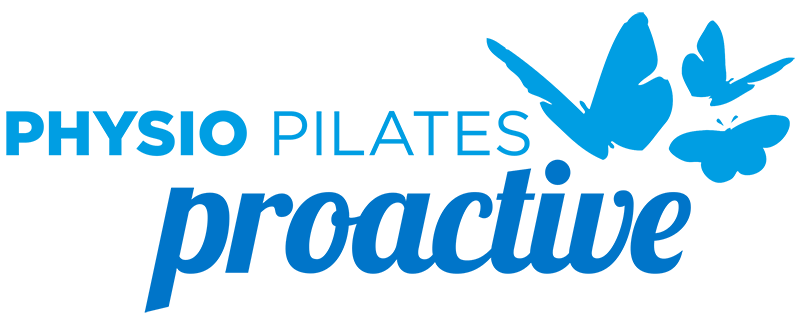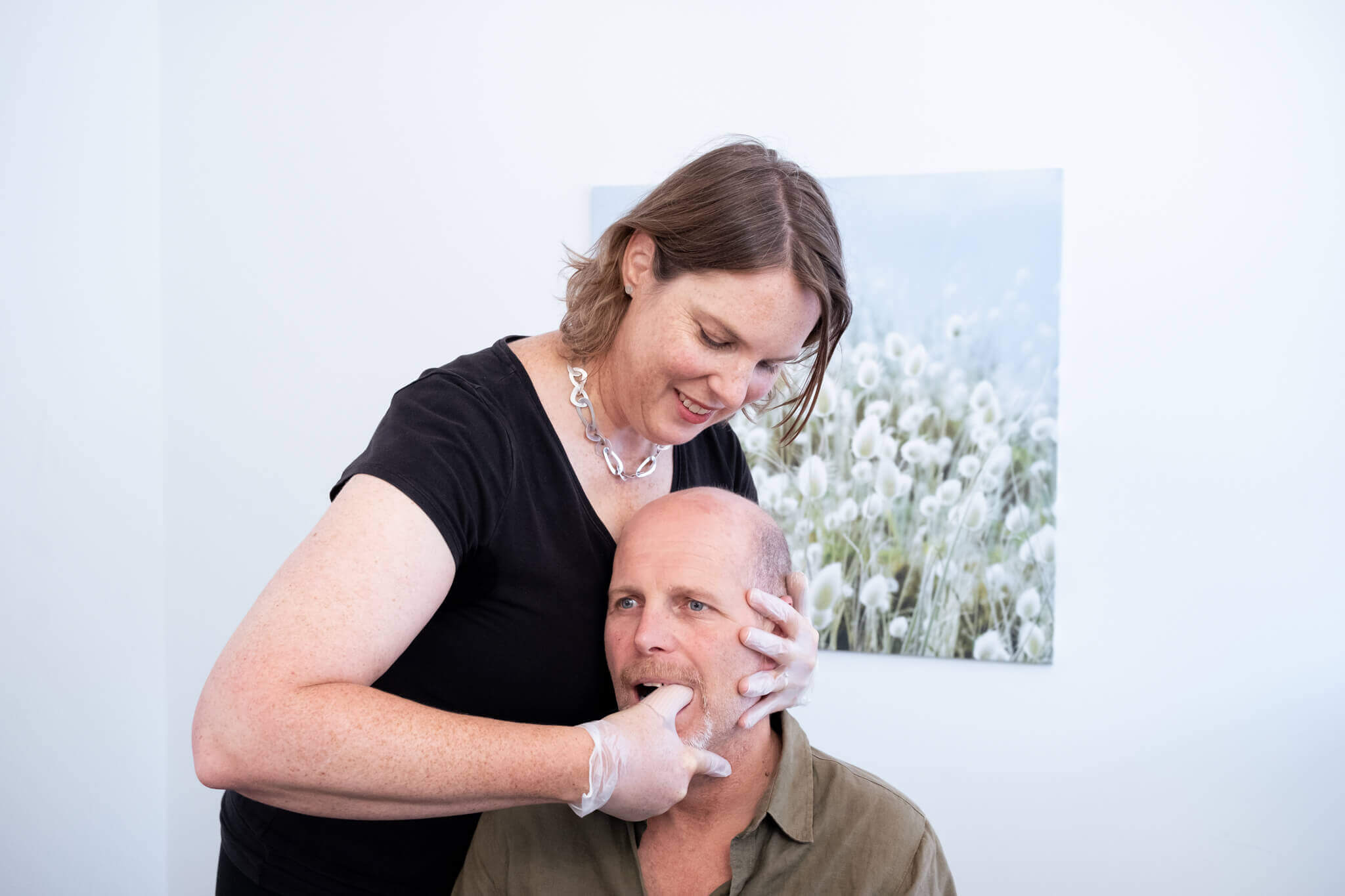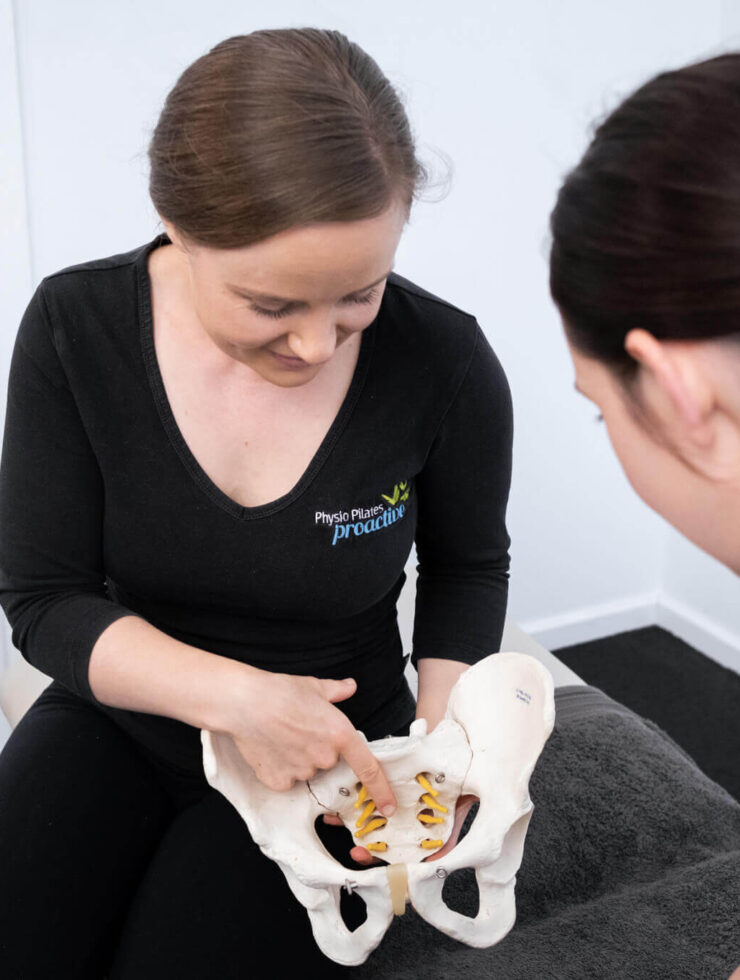Understanding TMJ Dysfunction: Causes, Symptoms, and Treatment
Temporomandibular joint (TMJ) dysfunction is a condition that affects the jaw joint and surrounding muscles. It can cause pain, discomfort, and limited movement in the jaw, making it difficult to eat, speak, or even yawn comfortably.
What is the cause of TMJ dysfunction?
TMJ dysfunction can be caused by various factors, including:
- Jaw injury or trauma
- Teeth grinding or clenching (bruxism)
- Misalignment of the jaw or teeth
- Arthritis in the jaw joint
- Stress and anxiety, leading to jaw tension
Signs and Symptoms of TMJ dysfunction
Common signs and symptoms of TMJ dysfunction may include:
- Jaw pain or tenderness
- Clicking, popping, or grinding sounds when opening or closing the mouth
- Difficulty or discomfort while chewing
- Locking of the jaw joint
TMJ Rehab with Physiotherapy
If you are experiencing TMJ dysfunction, an appointment with a Physiotherapist who specializes in TMJ disorders is the best place to start. They will conduct a thorough evaluation, which will include:
- A comprehensive interview of your history
- A Physical examination of your jaw movement, joint function, and muscle strength
The treatment approach for TMJ dysfunction may vary depending on the underlying cause and severity of the condition. A physiotherapist can design a tailored exercise program to improve jaw mobility, strengthen the muscles, and correct any postural or muscular imbalances that contribute to TMJ dysfunction. Treatment can also include Manual therapy (mobilizations, soft tissue techniques), and relaxation techniques
Dealing with TMJ Dysfunction? Contact Physio Pilates Proactive Today
TMJ dysfunction can significantly impact a person’s quality of life, causing pain and discomfort in daily activities. Seeking early diagnosis and appropriate treatment is crucial for managing the condition effectively. If you suspect you may have TMJ dysfunction, book a Physiotherapy appointment with Briar (our TMJ specialist) to receive proper evaluation and guidance on the most suitable treatment options for your specific situation. Remember, everyone’s experience with TMJ dysfunction is unique, so a personalized approach is essential for successful management.




